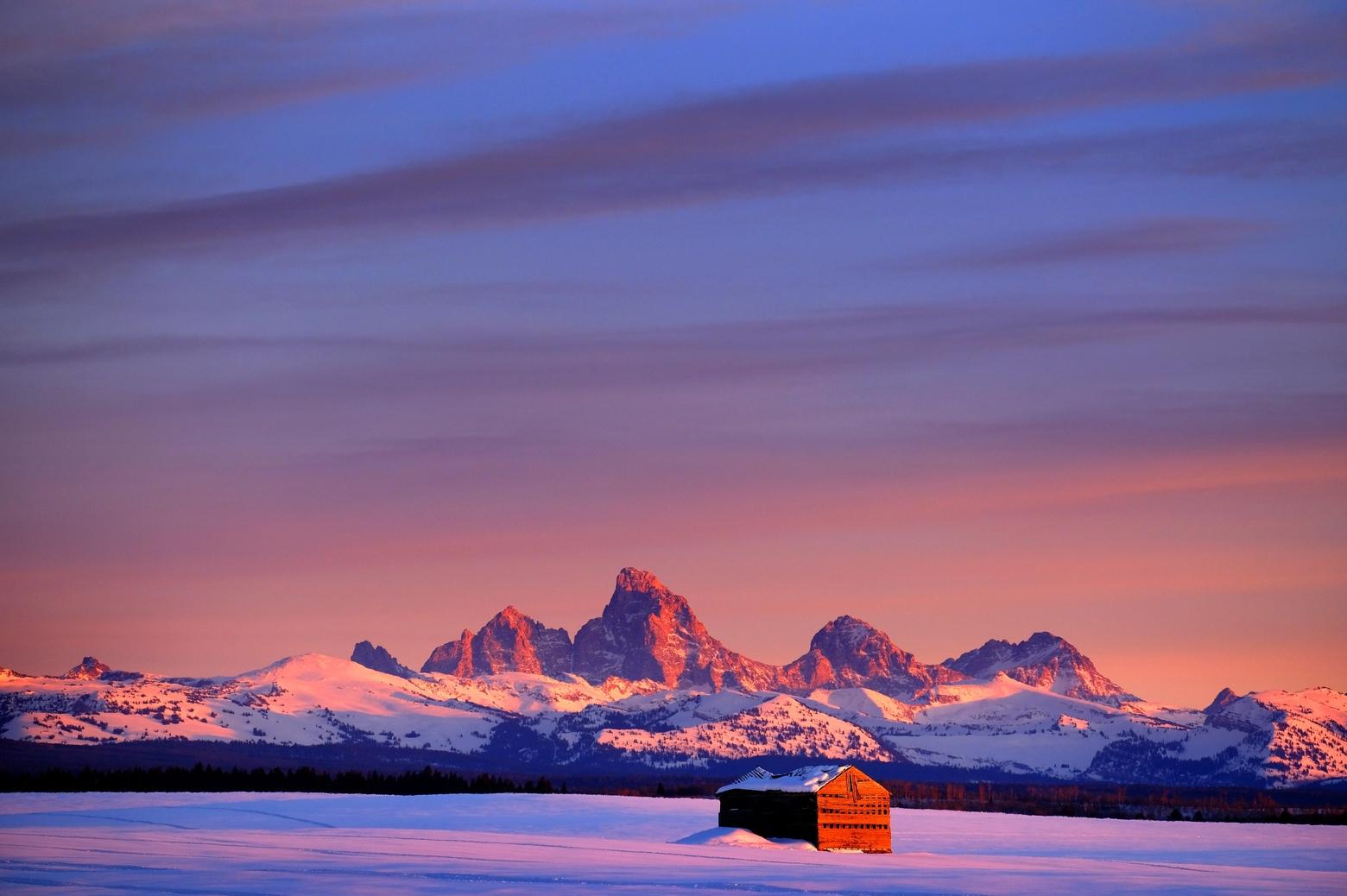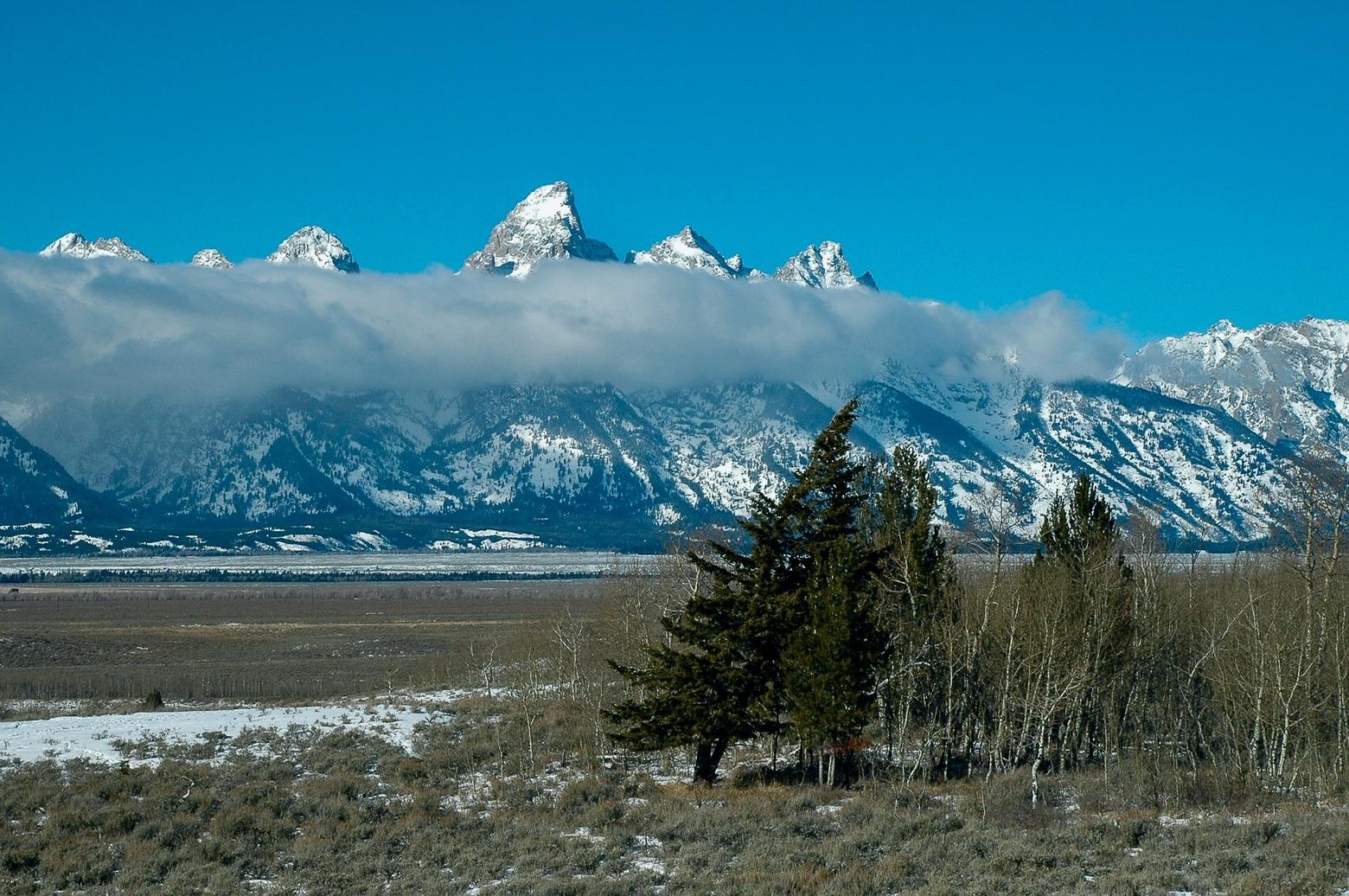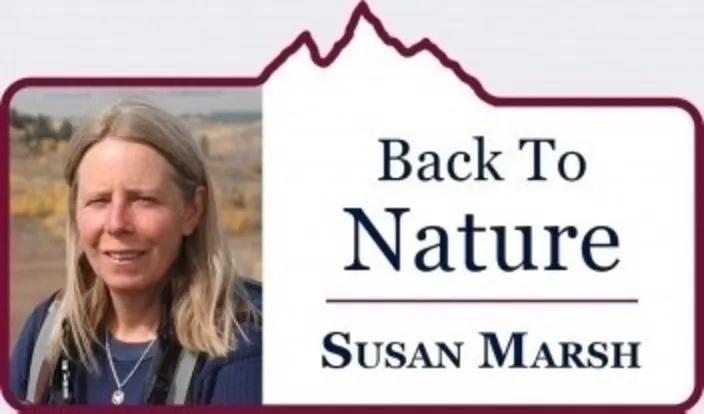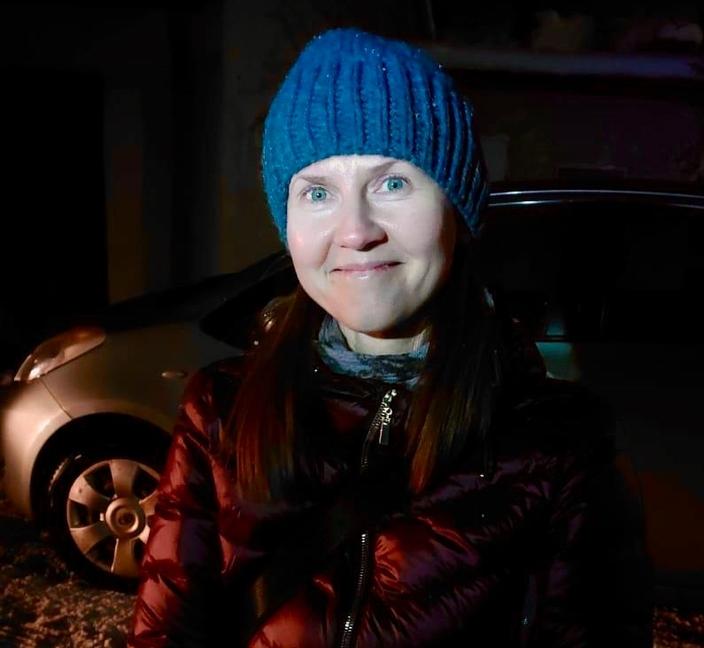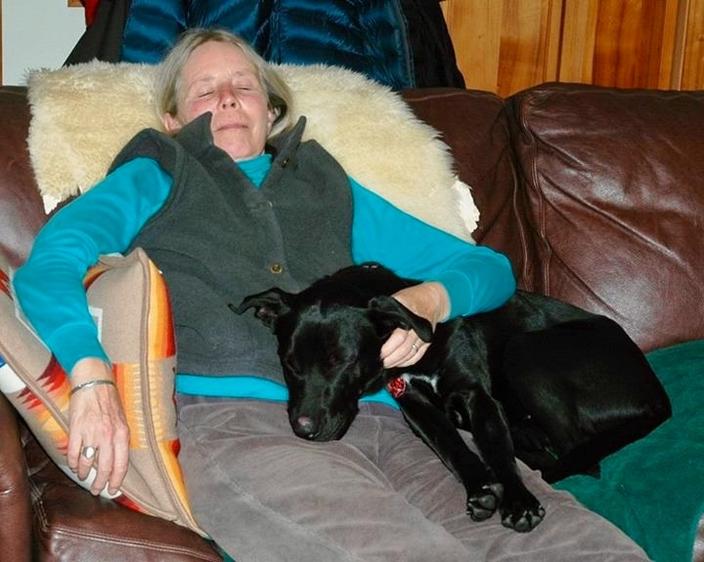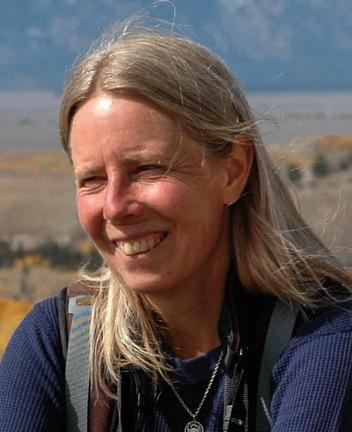by Susan
Marsh
In line
at the post office yesterday with a yellow slip in my hand, I was tickled by a
man grumbling as he stalked out, apparently fed up with the length of the line.
Then he started chuckling, and said to his companion, “God damn it, it’s
Christmas! I have to quit doing that.” I wasn’t sure what he’d done, but for
some reason his comment turned my frown into a smile.
After
dealing with my mailbox stuffed with year-end donation appeals and swag from
every nonprofit known to science, the mid-afternoon sun was already fading. Long
hours of darkness stretched ahead when I wouldn’t be outdoors. I had books to
read, music to hear, and the usual time for contemplation.
As each
year reaches its end, I use the dark evenings to reflect on the months past. Time
spent immersed in wild country generally tops my list of fond memories as I
look back: sitting in the kayak listening to elk bugling, bending over an
alpine wildflower with my camera, lying on my back under an aspen stand as
golden leaves cover me with their gentle slaps.
This year,
questions come: What did I learn? How have I changed? What do I plan to devote
my time to in the coming year?
While
considering these, a flash of insight blinks on. The best things that happened
in my life during the past year were not those that came to me, but those I
initiated. Creeping beyond my comfort zone of spending solo time outdoors, I have
challenged myself to become more than who I thought I was.
Not
everything turned out perfectly. I inquired with a couple of established hiking
groups but wasn’t asked to join. Same with a book club.
One main thing I learned from is that the adage “the more you give the more you receive” is exactly right, in a way I never understood before.
Remembering
little of the two years of Spanish I took in seventh and eighth grades, I
signed up for a class. By the second week, it was clear that I was falling
behind. I sat in silence as other participants rattled off the names of colors,
months of the year, and small bits of conversation.
While I
still can’t count to 20 in Spanish without referring to my notes, I did learn
something useful: You can’t absorb another language without immersing yourself,
much in the same way as I’ve absorbed the wild places I love. I remember taking
Latin in high school specifically because I wouldn’t have to stand up in front
of the classroom with my halting speech and hopeless accent.
The wide-open places and wildlife near her home in Jackson bring Marsh peace. Here, she takes in the Tetons and a leaning Douglas-fir that she called “the dwelling tree” in a 2021 MoJo piece. She visited the dwelling tree on Christmas Eve this year. Photo by Susan Marsh
Better
results came after I took a leap and joined a choir. I’ve loved music all my
life, but in recent years I’ve made little of it myself. During the past year
I’ve sung with a friendly and welcoming group, and have learned the joy of
adding my voice to those of others. I’ve made new friends, which is of
considerable importance as one enters their 70s, when some of your oldest pals
are leaving this life, leaving you bereft.
It took a
while to talk myself into the choir. I can sing, but what about the commitment
of weekly practice for an hour and a half and another hour of practice before
the church service? Then there was the service itself, which was perhaps the
most worrisome. Should I mouth the prayers or keep silent? Would I feel like a
fraud, a hypocrite? Except for funerals, I hadn’t attended church since I was a
teenager, though I do feel some kind of faith, more animist than Christian
perhaps. Yet, a year later, I find that Wednesday evenings and Sunday mornings
are the highlights of my week.
With both
language and music, an inherent shyness has turned me away from any sort of
public performance, which I suppose is part of the reason one becomes a writer
or visual artist: here’s my work, enjoy it if you like it, but I don’t have to
be visible myself. I’m finally old enough to let go of that. I’m allowed to
show myself, and I don’t have to be perfect.
Here’s
another thing I did this year, at the prompting of another friend from the
church: I dug out my disused knitting needles and piles of yarn and started
knitting
A Ukrainian woman who received one of the hats Marsh knitted. Photo courtesy Susan Marsh
hats to send to Ukraine. A hat can be finished in a day. Other than
cooking something quick and simple, in the creativity department, knitting a
hat is the closest thing to instant gratification I know of.
The first batch of hats went out around the beginning of December, to a warehouse on the Poland-Ukraine border. Donated goods and food of all kinds from Denmark, Germany, and France arrived via large trucks or vans to the warehouse, then driven into Ukraine. The person in charge of this delivery is from Jackson, Wyoming (where I live) and he’s spent months over there helping in a major way, so a few knitted winter hats felt like a minor contribution.
So I thought until I received a photograph of a woman in Kharkiv who was wearing one of the hats I made. I am so taken with her angelic smile, her youth and beauty, and her situation: she lost her husband in the fighting, but this little gift brought a moment of joy, and perhaps it will bring a winter of warmth.
The writer with her pal Maya. Photo courtesy Susan Marsh
The main thing I learned from this is that the adage “the more you give the more you receive” is exactly right, in a way I never understood before. I feel a connection with a person I don’t know who lives halfway around the world, and her smile is a greater gift to me than my hat was to her.
Wilderness has been my refuge and solace since I was a young child. People have often bewildered me. So, I’ve relied on what has offered comfort: places away from cities and highways and what often feels like the unmanageable chaos of human society. I have friends whom I cherish of course, but they happen to include more than people: dogs and cats and aspen trees among them, as well as places that have helped me recover from pain and grief. To me, they aren’t simply “settings” as in a story, but active characters.
I am coming to see that the well-rounded, complete human is the one who indiscriminately loves—both the flawed humans we share our lives with, and the wonders of all the life and beauty that share themselves with us.
